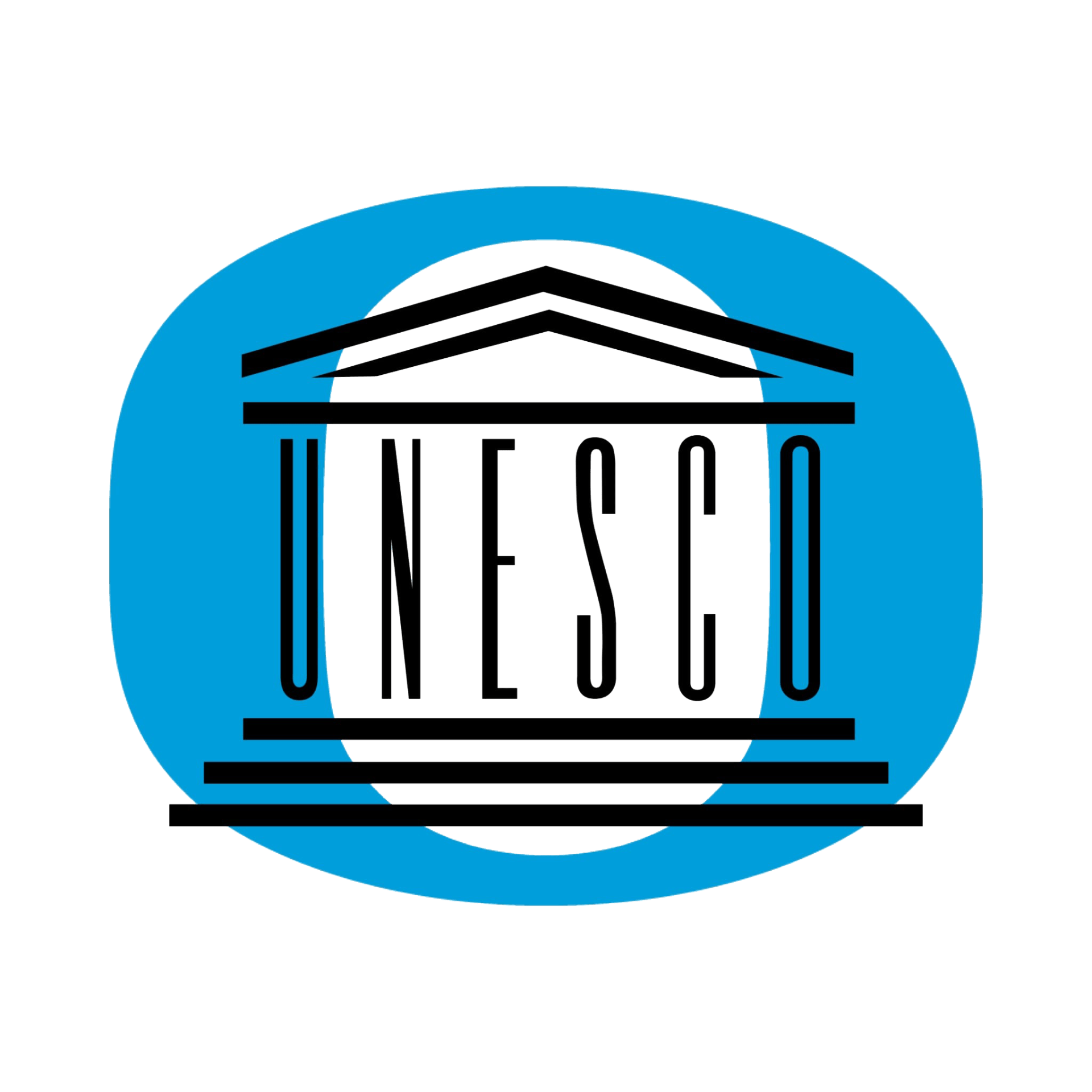The Trump administration’s second attempt to exclude visitors to the United States based on their nationalities (and hence by default their religion) remains stalled in the courts, for now. But its chilling effect lingers and grows, especially for U.S. universities.
According to the recent survey of 250 colleges and universities conducted by the American Association of Collegiate Registrars and Admissions Officers, 40 percent are suffering a declining number of applications from international students. “Recruitment professionals report a great deal of concern from students all over the globe,” summarizes the study about the effect of the Trump travel ban.
Sure, this means a loss of revenue. American schools bank on tuition paid by nonresident students.
But more critically, the lack of a vibrant student body that includes members who hail from elsewhere freezes the intellectual and social fluid of campus internationalization.
Students from overseas kept out of our country by strict immigration policies (or who now choose to skip an American education because they no longer feel safe and welcome here) are not the only victims of the Trump administration’s policy. Disappearing with them are opportunities for young Americans to make friends across national and cultural lines, to end their fears of people with hijabs, to celebrate with people who mark a new year on other days and to hear people with accents that differ from their own.
Creative U.S. universities will develop clever work-arounds. There won’t be a wave of new campuses overseas — there’s only one John Sexton, and his bold model of aggressively dotting the globe with New York University campuses may not prove durable. But all of us can work to build a global version of the community college transfer system by forging two-plus-two and other dual degree arrangements with our strongest global partners.
With the two-plus-two scenario, students spend their first two years at a non-U.S. university. Credits earned are thoroughly vetted to satisfy the U.S. school where the students study at least another couple of years to earn a degree both from their home institution and the U.S. university where they finish their undergrad work.
Such options for students save money, and play to the strength of U.S. higher education: critical thinking and creative innovation, especially at advanced undergraduate and graduate levels.
Some, like the University of Oregon, can do more — working with our existing study abroad platforms, but in reverse. The UO’s Global Education Oregon already enjoys a vibrant overseas presence. The university maintains facilities and staff around the world and sends U.S.-based students to 80 locations to study abroad. This infrastructure is ideally suited to serve those international students now made unwelcome in the United States.
Imagine an eager young scholar from one of the targeted Muslim-majority countries, or from any country where students feel rejected by Trump’s America, starting her studies at the University of Oregon–London (or Siena, or Accra, or Rosario — the list of possible UO alternative overseas campuses is long). For the duration of the current isolationism and xenophobia, the UO beefs up staffing and courses at these already vibrant study abroad sites. When students are able and ready to come to the home campus in Eugene, they automatically transfer all their UO study abroad credits with them.
Using a combination of sophisticated distance learning technologies, local instructors already working with UO students, and judicious travel by UO faculty to teach their specialties overseas, we can make these operations at least revenue-neutral, while expanding our enrollment and building a pipeline of foreign students well-prepared for our advanced Eugene- and Portland-based undergraduate courses and graduate programs.
Even more important, we add deeds to the many valiant words spoken throughout the academy in response to Trump isolationism by standing against closed-mindedness and isolation. For decades, U.S. higher ed passively has depended on America’s reputation for global openness, cross-cultural curiosity and the ensuing vigorous debate and creative thinking. U.S. universities must now step up to safeguard the free flow of ideas, people and innovation.
This is our lifeblood, and we can keep it warm and flowing by welcoming international students to our overseas locations.
This piece by Crossings Institute co-director Dr. Peter Laufer and Dennis Galvan, the University of Oregon’s vice provost for international affairs, was originally published in The Register-Guard on April 19, 2017. To view the original article, click here.


